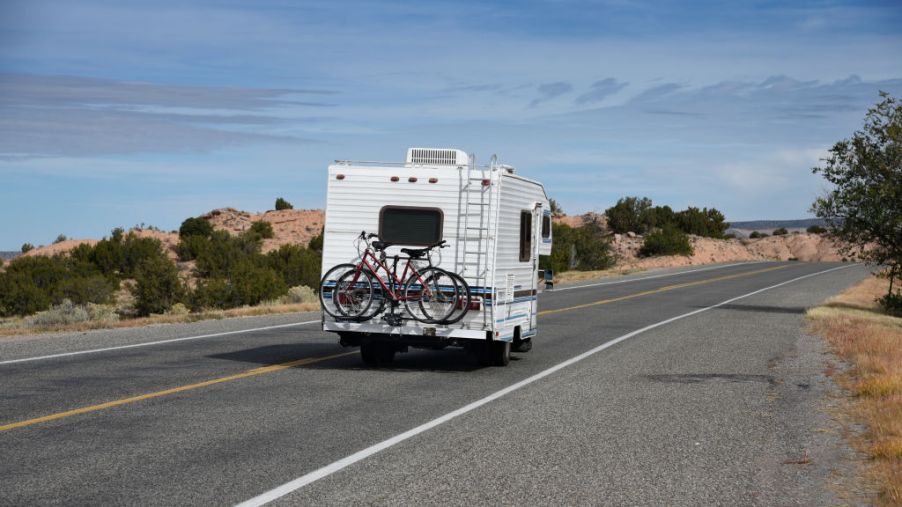
New or Used: How to Decide Which RV Is Right for You
Thinking about buying an RV? Driving your home-away-from-home around the world can be exciting and rewarding. It’s also a big decision. There are many factors to consider like the RV size, how much you want to invest, and whether you want to buy new or used. If you can’t quite make up your mind, here are some tips to help you make a decision.
Pros of buying new
Just the fact that you are the first to own the RV can be the biggest selling point for many buyers. There are no strange odors, and you don’t have to wonder about that unusual stain on the ceiling. Then, there are the benefits of having a warranty. RV repairs can be very costly. AxleAddict states that just the cost of workmanship can range from $129 to $180 per hour.
A warranty can help cushion the blow of possible repair costs. Never Idle Journey advises checking with many dealers before committing to one. Not all dealers are equal in their prices or warranty, so if you shop around, you may be able to find a better warranty for a cheaper price.
Cons of buying new
Besides the inflated prices of a new RV, there are a few other cons to buying new. Gone with the Wynns reports that RV salesmen can lack RV knowledge. It’s important to remember that selling you an RV is their job. While a more experienced salesperson may know more, new salespeople are still learning the ropes. If you’re not careful, you may become just another part of their trial-and-error phase.
Salespeople are also notorious for using scare tactics like, “If you don’t purchase from us, we aren’t going to service your RV when you need repairs.” Gone with the Wynns reports that this is a lie, as the mechanic station brings in a lot of money doing repairs. If the dealer refused repairs to every RV dealer who didn’t buy from them, they’d risk losing a large portion of their income.
Pros of buying a used RV
One of the biggest benefits of a used RV is the cheaper price. You’re going to invest money into your RV regardless, but you can take advantage of a loophole while filing taxes (if you get a loan). Pocket Sense reports, “The Internal Revenue Service allows RV owners to deduct the interest on their qualified RV loans if they use their vehicles as primary or secondary residences.”
This can apply to both new or used RVs, so don’t hesitate to inquire about it when filing your taxes next year. Never Idle Journal also reports that used RVs may have sweet upgrades you could never afford if you bought new.
Cons of buying used
Repairs land at the top of the cons list, but you’ll have to do repairs whether your RV is brand-new or used. Before you let that deter you, keep in mind you can do some RV repairs yourself. It’ll save you money, and the experience will come in handy if you break down in the middle of nowhere.
There’s also the fact that you can’t get the exact floor plan you wanted. But if you have the time and money, upgrading is always an option.
Which is best?
As you can see, it really depends on your budget, what you prioritize, and what’s available. You may even find a deal you can’t say no to that doesn’t match what you thought you wanted.


